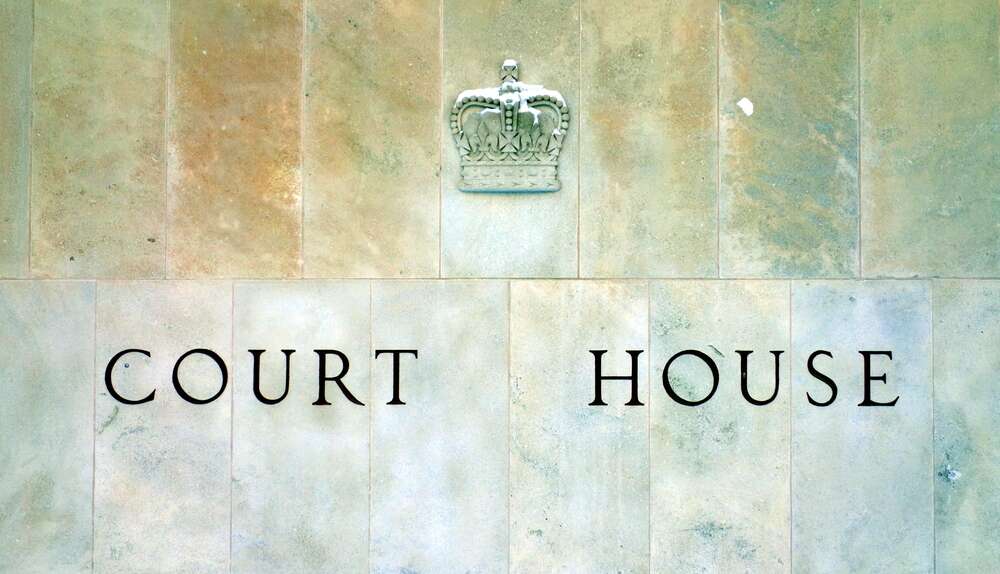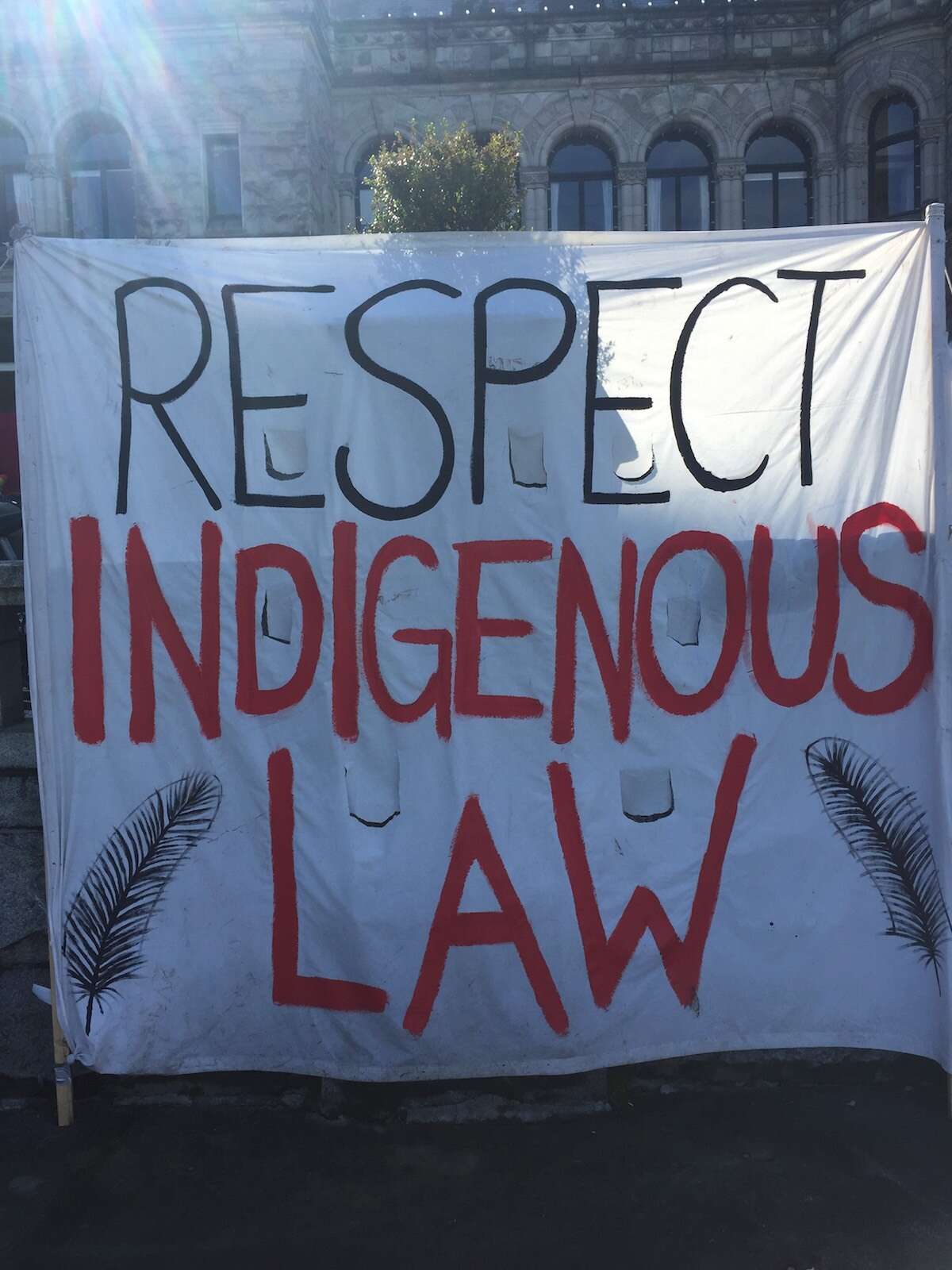In the final months of 2023, the Superior Court of Quebec issued a groundbreaking decision in R. c. Montour. The decision, which is being appealed to the Quebec Court of Appeal, addresses several significant legal issues in Aboriginal law. In this case comment, we focus on how the decision could set the stage for a new, contemporary approach to the judicial recognition of Aboriginal rights grounded in Indigenous peoples’ own laws and legal traditions.
What Happened
Derek White and Hunter Montour, both Mohawks of Kahnawà:ke, were convicted of criminal offences related to importing tobacco from the United States without paying taxes under the federal Excise Act.
White and Montour brought a motion to stay the charges on the basis that the Excise Act violated their Aboriginal and treaty rights to trade in tobacco. As part of the motion, White and Montour asked the Court to adopt a new framework for the recognition of an Aboriginal right, rather than following the test established by the Supreme Court of Canada in the 1996 Van der Peet decision.

What the Court Said
The Court held that the Excise Act unjustifiably infringed White’s and Montour’s Aboriginal and treaty rights under section 35 of the Constitution Act, 1982, and ordered that the charges be permanently stayed.
In reaching its decision, the Court found that there had been significant changes in the legal and political landscape since Van der Peet such that it was appropriate to develop a new test to determine whether an activity constituted an Aboriginal right within the meaning of section 35.
Rather than considering whether an activity was based on a practice “integral” to the Indigenous group’s culture prior to European contact, the Court held that the determination of an Aboriginal right should be based on whether the activity in question was protected by the traditional legal systems of the Indigenous peoples who claimed the right.
The Court further held that all Indigenous peoples have a right to freely pursue economic development by their chosen means, and that the pursuit of economic development was specifically recognized under the traditional legal systems of the Mohawks of Kahnawà:ke. As such, by participating in the Mohawks of Kahnawà:ke’s tobacco trade industry, Montour and White were exercising an Aboriginal right to freely pursue economic development protected under section 35 of the Constitution Act, 1982.
Why It's Important
For decades, the Van der Peet test has been criticized by Indigenous scholars and other legal experts on the basis that it disregards Indigenous peoples’ perspectives on what practices and activities merit constitutional protection, places undue weight on activities carried out prior to the arrival of Europeans, and fails to protect contemporary practices vital to Indigenous communities.
The Court in Montour seeks to address these criticisms through a framework which extends constitutional protections to modern-day practices recognized under the Indigenous group’s own legal system.
Montour is also notable because of the Court’s decision to depart from the precedent established in Van der Peet. Precedent – a legal doctrine that means lower courts must follow the decisions of higher courts in circumstances involving similar facts or legal issues – is foundational to the Canadian legal system.
While a lower court cannot ignore binding precedent, it can revisit issues where there is a significant change in circumstances which fundamentally shifts the parameters of the debate. Such cases will likely be appealed, which in turn sets the stage for higher courts to reconsider important issues. The Montour decision lays the groundwork for the Court of Appeal to do just that.
Lastly, the framework proposed in Montour builds on recent jurisprudence which recognizes Aboriginal rights can exist on a generic, non-specific basis. If adopted, this could result in a more flexible, inclusive approach to the recognition of Aboriginal rights more closely in line with the United Nations Declaration on the Rights of Indigenous Peoples.
Looking Ahead
The doctrine of precedent has played an important role in the development of Indigenous rights law in Canada. In some cases, courts have relied on precedent as a shield to avoid revisiting issues based on racist and unjust concepts.
In other cases, courts have departed from precedent in response to changing societal values. The lower court in Montour recognized that the existing framework for recognizing Aboriginal rights no longer aligns with the goal of reconciliation. It will be open for the Quebec Court of Appeal to determine whether to do the same.
First Peoples Law LLP is a law firm dedicated to defending and advancing the rights of Indigenous Peoples. We work exclusively with Indigenous Peoples to defend their inherent and constitutionally protected title, rights and Treaty rights, uphold their Indigenous laws and governance and ensure economic prosperity for their current and future generations.
For more First Peoples Law analysis, visit our blog
Sign up for our First Peoples Law Report
Kate Gunn is partner at First Peoples Law LLP. Kate completed her Master of Law at the University of British Columbia. Kate is co-author of Indigenous Peoples and the Law in Canada: Case Commentary.
Contact Kate and connect with her on LinkedIn and Twitter
Cody O'Neil is a lawyer at First Peoples Law LLP.
Contact Cody and connect with him on LinkedIn
